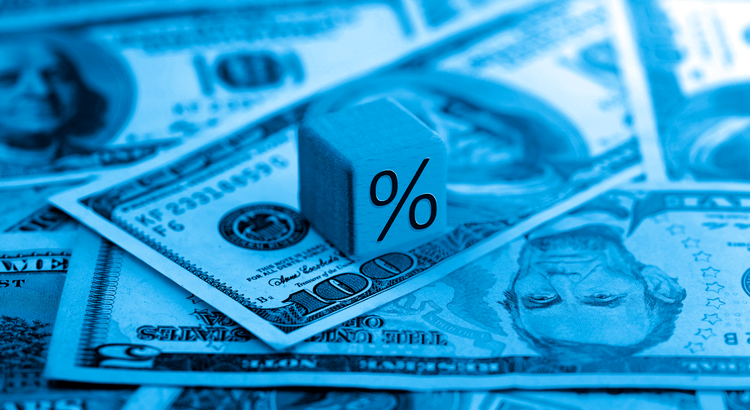Blog

More Buyers Are Making Moves - Is It Time To Sell?
More Buyers Are Making Moves - Is It Time To Sell?
More Buyers Are Making Moves — Is It Time To Sell? More people are taking steps to buy a home. And, if you’ve been waiting for the right time to move, this may be the sign you’ve been looking for. For the past few years, a lot of would-be homebuyers hit pause on their plans. With rising mortgage
MORE
Three Reasons to Buy a Home Before Spring
Three Reasons to Buy a Home Before Spring
3 Reasons To Buy a Home Before Spring Let’s face it — buying a home can feel like a challenge with today’s mortgage rates. You might even be thinking, “Should I just wait until spring when more homes hit the market and rates might be lower?” But here’s the thing, no one knows for sure where mortga
MORE
Expert Forecasts for the 2025 Housing Market
Expert Forecasts for the 2025 Housing Market
Expert Forecasts for the 2025 Housing Market Wondering what’s in store for the housing market this year? And more specifically, what it all means for you if you plan to buy or sell a home? The best way to get that information is to lean on the pros. Experts are constantly updating and revising the
MORE
Should You Sell Your House As-Is or Make Repairs?
Should You Sell Your House As-Is or Make Repairs?
Should You Sell Your House As-Is or Make Repairs? A recent study from the National Association of Realtors (NAR) shows most sellers (61%) completed at least minor repairs when selling their house. But sometimes life gets in the way and that’s just not possible. Maybe that’s why, 39% of sellers cho
MORE
Don't Let These Two Concerns Hold You Back From Selling Your House
Don't Let These Two Concerns Hold You Back From Selling Your House
Don’t Let These Two Concerns Hold You Back from Selling Your House If you’re debating whether or not you want to sell right now, it might be because you’ve got some unanswered questions, like if moving really makes sense in today’s market. Maybe you’re wondering if it’s even a good idea to move ri
MORE
Secrets to Selling Your House Quickly
Secrets to Selling Your House Quickly
Secrets To Selling Your House Quickly Seeing your house sit on the market without any bites is the ultimate frustration. And unfortunately, some sellers are in that tricky spot today. According to data from the National Association of Realtors (NAR), the average time a house spends on the market h
MORE
The Surprising Amount of Home Equity You've Gained Over the Years
The Surprising Amount of Home Equity You've Gained Over the Years
The Surprising Amount of Home Equity You’ve Gained over the Years There are a number of reasons you may be thinking about selling your house. And as you weigh your options, you may find you’re unsure how you’re going to deal with one thing about today’s housing market – and that’s affordability. I
MORE
Todays Biggest Housing Market Myths
Todays Biggest Housing Market Myths
Today’s Biggest Housing Market Myths Have you ever heard the phrase: don’t believe everything you hear? That’s especially true if you’re thinking about buying or selling a home in today’s housing market. There’s a lot of misinformation out there. And right now, making sure you have someone you can
MORE
How Mortgage Rate Changes Impact Your Homebuying Power
How Mortgage Rate Changes Impact Your Homebuying Power
How Mortgage Rate Changes Impact Your Homebuying Power If you’re thinking about buying or selling a home, you’ve probably got mortgage rates on your mind. That’s because you’ve likely heard that mortgage rates impact how much you can afford in your monthly mortgage payment, and you want to factor
MORE

